Hastings and Rother police chief on the challenges and benefits of policing in lockdown
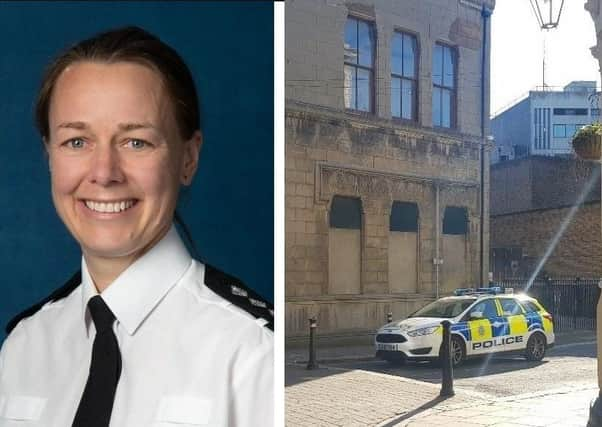

District commander Chief Inspector Sarah Godley said the drug dealing tactic sees criminals from big cities, such as London and Birmingham, travel to coastal towns, take over homes of vulnerable people and often use young children to deal drugs, including heroin and crack cocaine.
Children as young as 13 are often targeted by these types of organised criminals.
Advertisement
Hide AdAdvertisement
Hide AdChief Inspector Godley, speaking exclusively to the Observer, said police operations designed to help prevent young people getting exploited by county lines crime gangs has been made difficult with the ongoing Covid-19 pandemic.
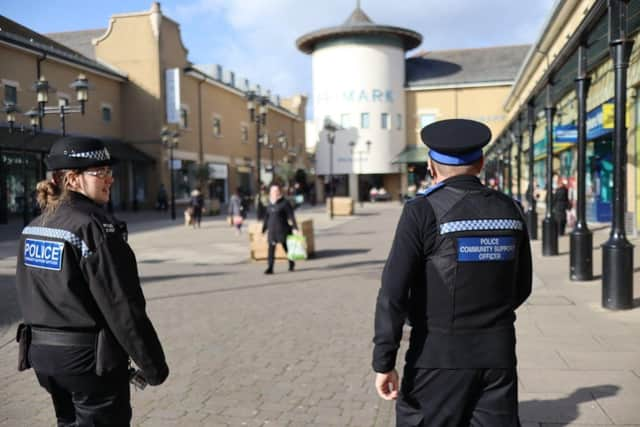

She said: “County lines drug dealing remains the top priority in Hastings and Rother. But the biggest concern is the exploitation that goes with it.
“We have operations running where we work with young people who are involved in county lines. One operation focuses on those who are on the cusp of being involved. Our officers are engaging with these people at an early age.
“We have identified the areas that are particularly vulnerable to exploitation, the areas where these gangs are coming down and recruiting people. Our work with joint agencies, children’s agencies, is making a real difference and making these areas less attractive to gangs.
Advertisement
Hide AdAdvertisement
Hide Ad“Covid has caused some difficulties with children being out of school for extended periods and we’ve just had the summer holidays. That does make it harder to get our message out there but the work with other agencies, and the shared information, is making a big difference.”
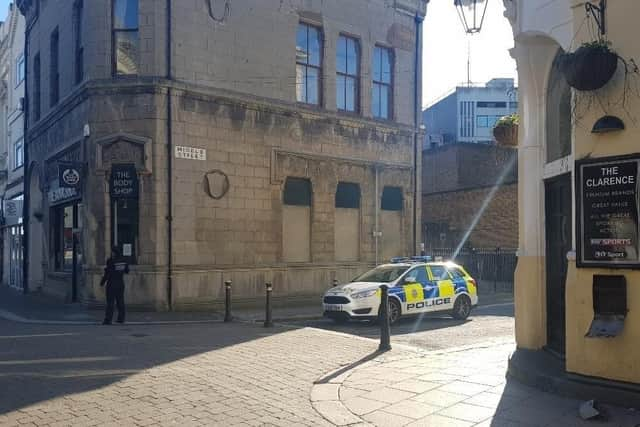

However, Chief Inspector Godley, who took over the role in November 2018, said the strict lockdown imposed across the UK at the end of March and early April was ‘awesome’ for police targeting county lines and general drug dealing in Hastings and Rother.
With fewer people moving about, police found it easier to spot unusual routines, which resulted in a number of successful interventions.
Chief Inspector Godley added: “During lockdown, we found that people who were moving around were either essential workers or people who were up to something they didn’t want us to know about.
Advertisement
Hide AdAdvertisement
Hide Ad“A lot of the county lines drugs are brought into the town on trains but we found these gangs didn’t want to use trains during the height of the pandemic meaning they were using the roads more.
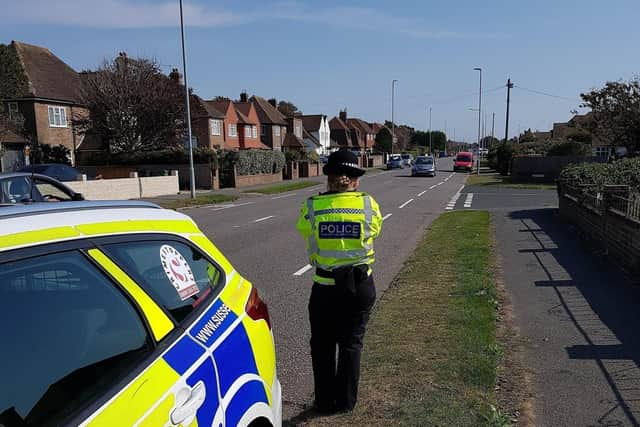

“We also found a lot of people were travelling up to London and collecting the drugs that way.
“We got some really good results from our proactive work and stopped people for drugs possession. We got some good results and I’d say lockdown did make life easier.”
Chief Inspector Godley also said police are continuing to battle with dealers of the party drug cocaine, a drug most commonly associated to the night time economy.
Advertisement
Hide AdAdvertisement
Hide AdIn an interview with the Observer in March 2019, she said one of her frustations was how cocaine was viewed by many as just another part of a night out and that it had ‘almost become socially acceptable’.
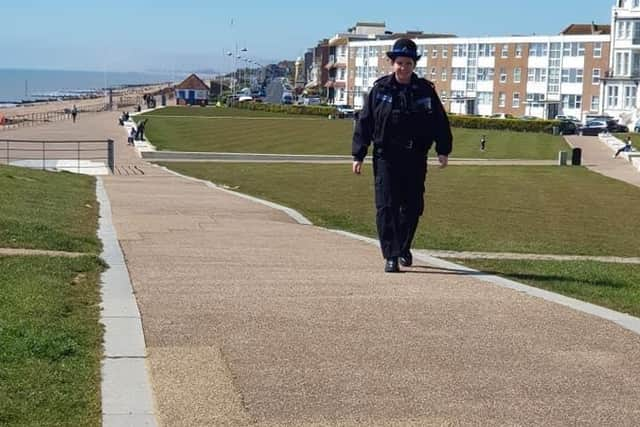

Despite Hastings and Rother being out of the strictest form of lockdown for almost five months now, the night time economy is still severely restricted but there are fears many are battling an addicition behind closed doors.
Chief Inspector Godley added: “We know cocaine is still coming down. The issue with this drug is it’s a hidden addiction. In the past, we saw lots of people taking it when on a night out. People felt they could take it and carry on with their everyday life but that was fueling an addiction.
“This is a different area to county lines but we know supply is coming into our towns. Without the night time economy it is hard to know what is happening because it’s taking place behind closed doors.”
Advertisement
Hide AdAdvertisement
Hide AdWith more people working at home due to the pandemic, Chief Inspector Godley said the public helped provide the police with essential information during the various stages of lockdown.
She said a significant number of residents reported breaches of lockdown which, in turn, led to the discovery of other crimes being committed, including drug dealing.
Lockdown also saw reports of domestic abuse falling across Hastings and Rother, due in part to the fact victims were not seeing their friends or relatives.
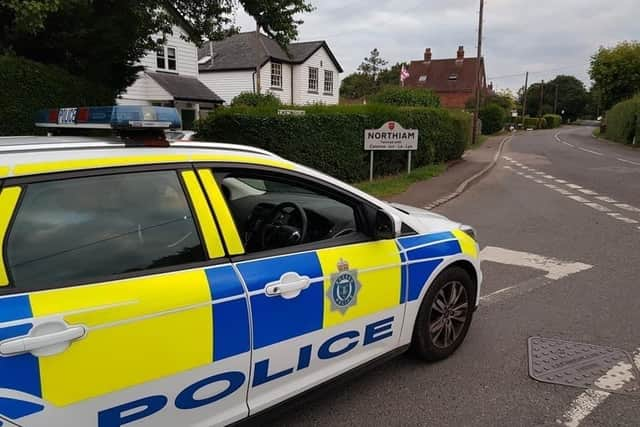

“There was a lot going on that we were not aware of,” she said.
Advertisement
Hide AdAdvertisement
Hide Ad“We tried to be subtle in how we reached out to victims of domestic abuse. We set up a stand in a couple of supermarkets where people could pick up cards which discretely offered information on the support available.
“Reports of domestic abuse did fall during lockdown but they have started going up now as people come out of lockdown and start seeing their friends and relatives again.”